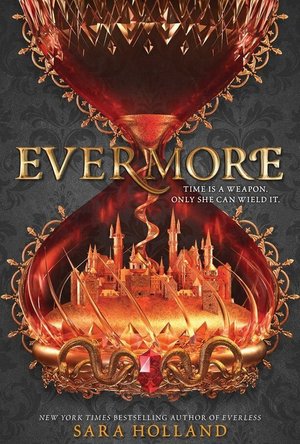
Evermore
Book
The highly anticipated sequel to New York Times bestseller, Everless! Jules Ember was raised...
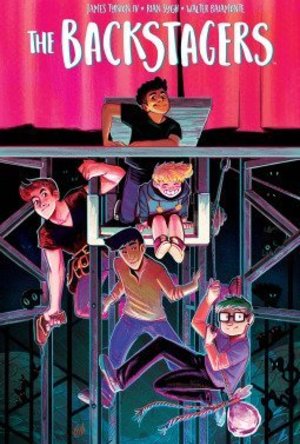
The Backstagers, Vol. 1
Book
All the world's a stage . . . but what happens behind the curtain is pure magic literally! When...
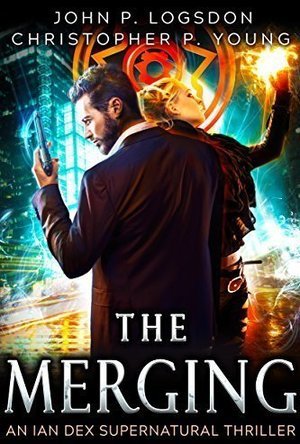
The Merging
John P. Logsdon & Christopher P. Young
Book
Fighting supernaturals is one thing. Resisting Vegas temptations at the same time may be...
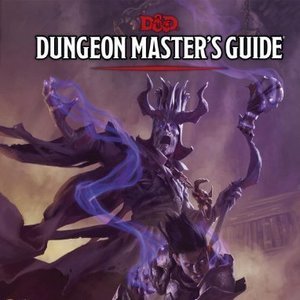
Dungeon Master's Guide (Dungeons and Dragons 5th Edition)
Tabletop Game
The Dungeon Master’s Guide provides the inspiration and the guidance you need to spark your...
dungeons and dragons dungeon masters guide dmg dnd d&d roleplaying
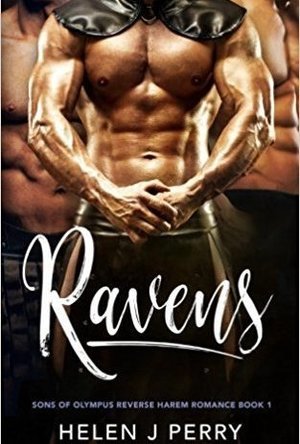
Ravens: A Sons of Olympia Reverse Harem Romance
Book
In her dreams, she has no inhibitions. When she meets the men of her dreams Will she be...
5 stars erotica romance multi partners paranormal over 18
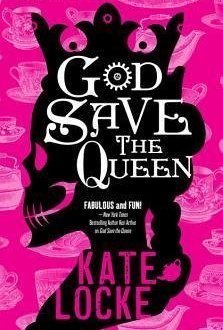
God Save the Queen
Book
The undead matriarch of a Britain where the Aristocracy is made up of werewolves and vampires, where...
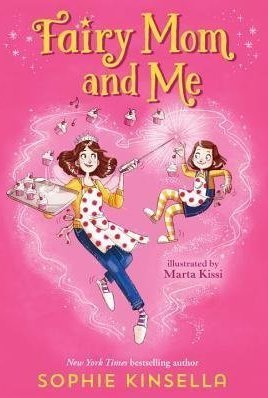
Fairy Mom and Me (Fairy Mom and Me #1)
Book
From the bestselling author of the Shopaholic series and our YA Finding Audrey, comes the first of a...
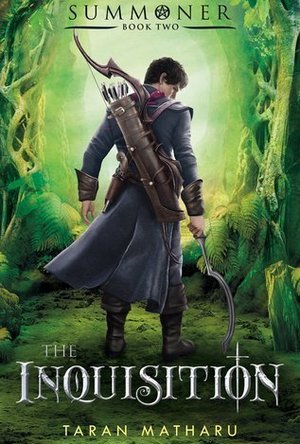
The Inquisition (Summoner, Book 2)
Book
A year has passed since the Tournament. Fletcher and Ignatius have been locked away in Pelt’s...
fantasy magic demons summoning young adult
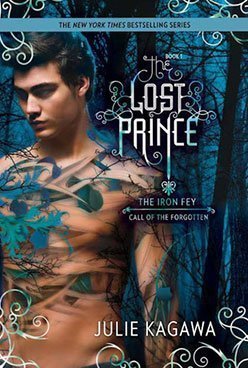
The Lost Prince (The Iron Fey: Call of the Forgotten, #1)
Book
Don’t look at Them. Never let Them know you can see Them. That is Ethan Chase’s unbreakable...

Green-Eyed Demon (Sabina Kane, #3)
Book
Things to do: 1. Rescue sister. 2. Murder grandmother. 3. Don't upset the voodoo priestess. ...